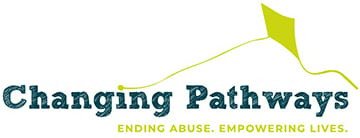Everyone has arguments and disagreements with family or friends. We all do things that we regret, and we’ve all upset or hurt people close to us at some time.
All relationships have incidence of conflict. Domestic abuse is not a one-off incident, but is a pattern of behaviour, usually designed to exert control.
Domestic Abuse can be perpetrated by someone of any gender, and can include partners, ex-partners and other family members.
Frightened or confused?
Use these questions to help you assess whether you are experiencing abuse within your relationship.
If any of the above questions relate to your relationship, you may be experiencing abuse.
Call our helpline on 0330 333 7 444 to access support or to explore these aspects further.
Relationships & Human Rights
Individuals in abusive relationships often question whether the behaviour they are experiencing is part of a healthy relationship. However, international human rights organisations recognise that domestic abuse is a violation of human rights. Domestic abuse organisations have identified the following potential violations within domestic abuse relationships:
-
- The right to life (Article 2)
Individuals in abusive relationships can feel that their lives and the lives of their children are under threat.
- The right to life (Article 2)
-
- The right to freedom from torture and inhuman or degrading treatment (Article 3)
Coercive control and abuse in itself constitutes degrading treatment, often involving sexual and financial abuse, name calling and humiliation.
- The right to freedom from torture and inhuman or degrading treatment (Article 3)
-
- The right to a private life (Article 8)
Abusers frequently use technology to disrupt their partners privacy, including accessing emails, social media profiles and other private communications.
- The right to a private life (Article 8)
-
- The right to protection from discrimination (Article 14)
Domestic abuse disproportionately affects women. The basis for this is gender inequality in society, and an assumption of male control. In an abusive relationship, those in the relationship are not being afforded the same rights and protections within the household.
- The right to protection from discrimination (Article 14)



